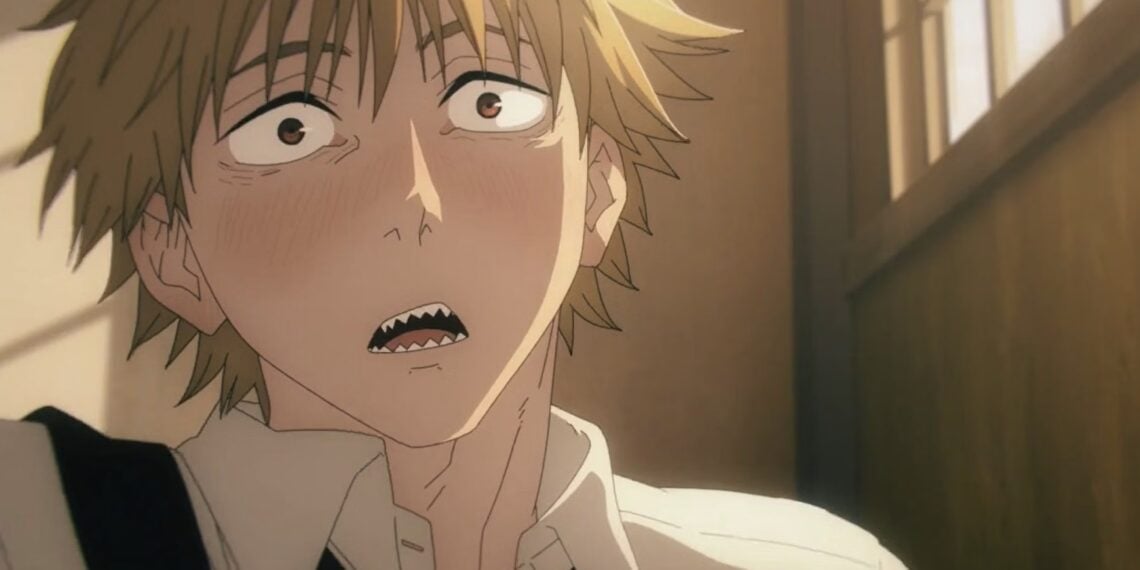Those who create manga often prefer to keep their true identities hidden from the public eye. Rather than reveal their faces, many opt for anonymity behind a pen name or an alias. Some even go so far as to disguise themselves in public behind a mask or alternate persona.
The motivations for desiring privacy are wide-ranging. Public recognition makes some individuals uncomfortable or anxious.
Others wish to keep elements of their personal stories or pasts discrete. Some creative minds flourish with greater freedom by separating their art from their real individual identities.
Donning an alter ego allows for freer expression without fear of judgment or preconceptions. Overall, manga creators have embraced anonymity for both practical and psychological reasons. Privacy grants them more flexibility in their creative process.
It also shelters their personal lives from scrutiny and expectations. By using collective pen names or fictional identities, individuals can claim ownership of their artwork without sacrificing personal solitude.
In short, anonymity gives freedom – both in creativity and in living life beyond the drafting table.
Tatsuki Fujimoto Discloses Why He Conceals His Identity
Unlike many manga artists who guard their identities, the creator of the popular series Chainsaw Man has chosen a different path.
Tatsuki Fujimoto has openly revealed himself as the talent behind the provocative manga despite having reasons to remain anonymous.
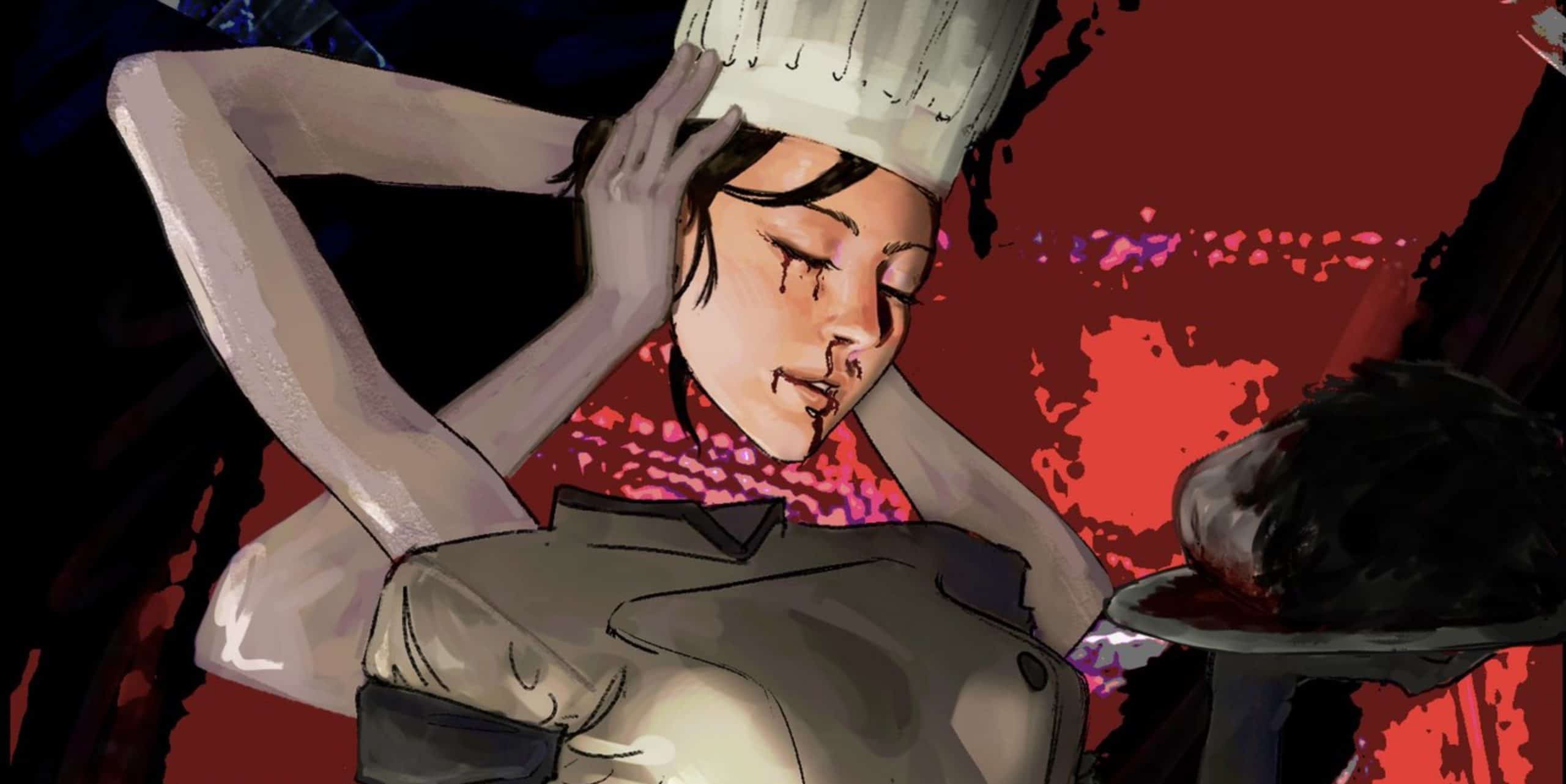
For most artists, anonymity provides shelter from public scrutiny and expectations. It allows them room for uninhibited creative expression.
But for Fujimoto, connection with his fans outweighs those benefits. By stepping into the spotlight under his real name, he demonstrates a priority of relationship over privacy.
Fujimoto’s choice suggests that the isolation of a hidden identity can separate an artist from their readership. While privacy grants a type of creative freedom, it also erects a barrier between the creator and the audience.
For those like Fujimoto who value that personal link, revelation sidelines solitude in favor of transparency and vulnerability.
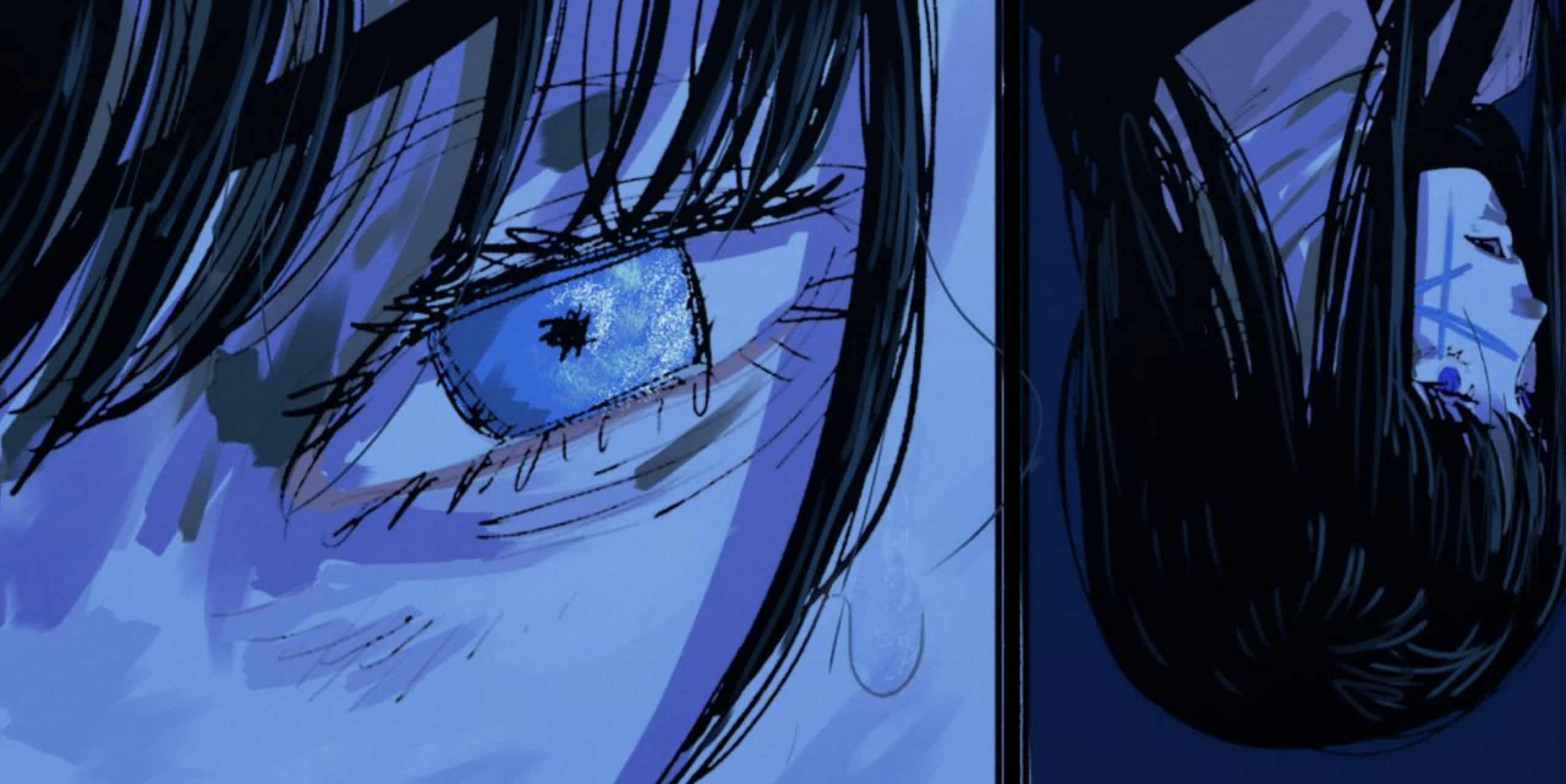
In essence, Fujimoto has braved exposure in order to bond authentically with the fans of his work. For him, their solidarity overrides even his own privacy.
His very public identity reflects a desire for connection over isolation in spite of the risks. For now, at least, he’s embracing the double-edged sword of fame in exchange for a chance to unite more wholly with the readers of Chainsaw Man.
Fame at a Cost
Unlike most manga creators who shroud themselves in anonymity, Tatsuki Fujimoto is a renowned name in the industry.
As the talent behind the hugely popular series Chainsaw Man and Fire Punch, he has garnered massive fame.
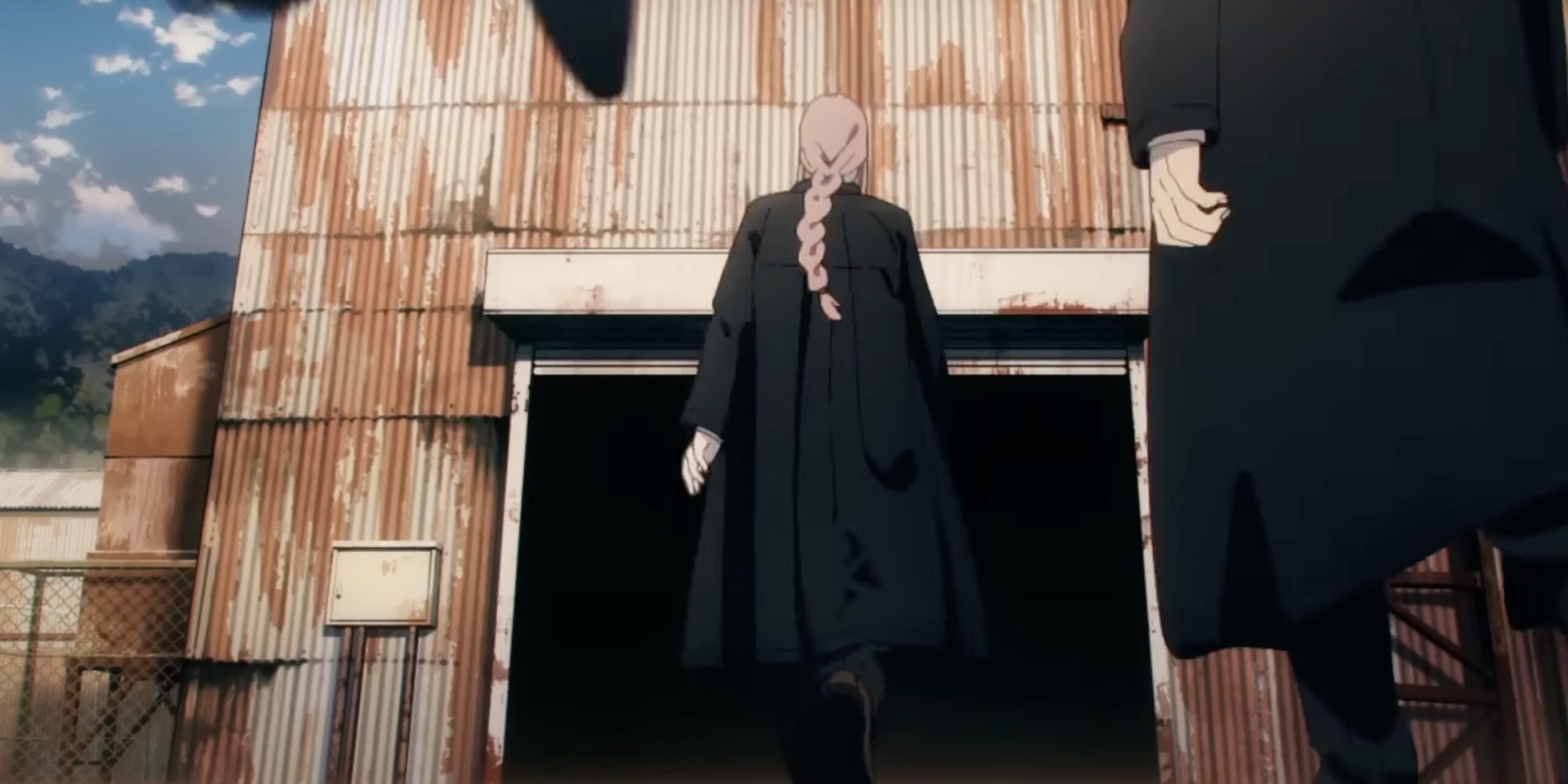
However, despite his celebrity status, Fujimoto has still chosen to keep his physical identity hidden from the public eye.
His decision stems not from a desire for privacy or creative freedom but rather from a place of caution and concern.
As his editor revealed, Fujimoto has received his fair share of death threats from overly impassioned fans. His unorthodox storylines and character choices have managed to spur the intense ire of some readers.
And in an industry where obsessed followers have been known to resort to violence, Fujimoto feels safer behind a veil of anonymity.
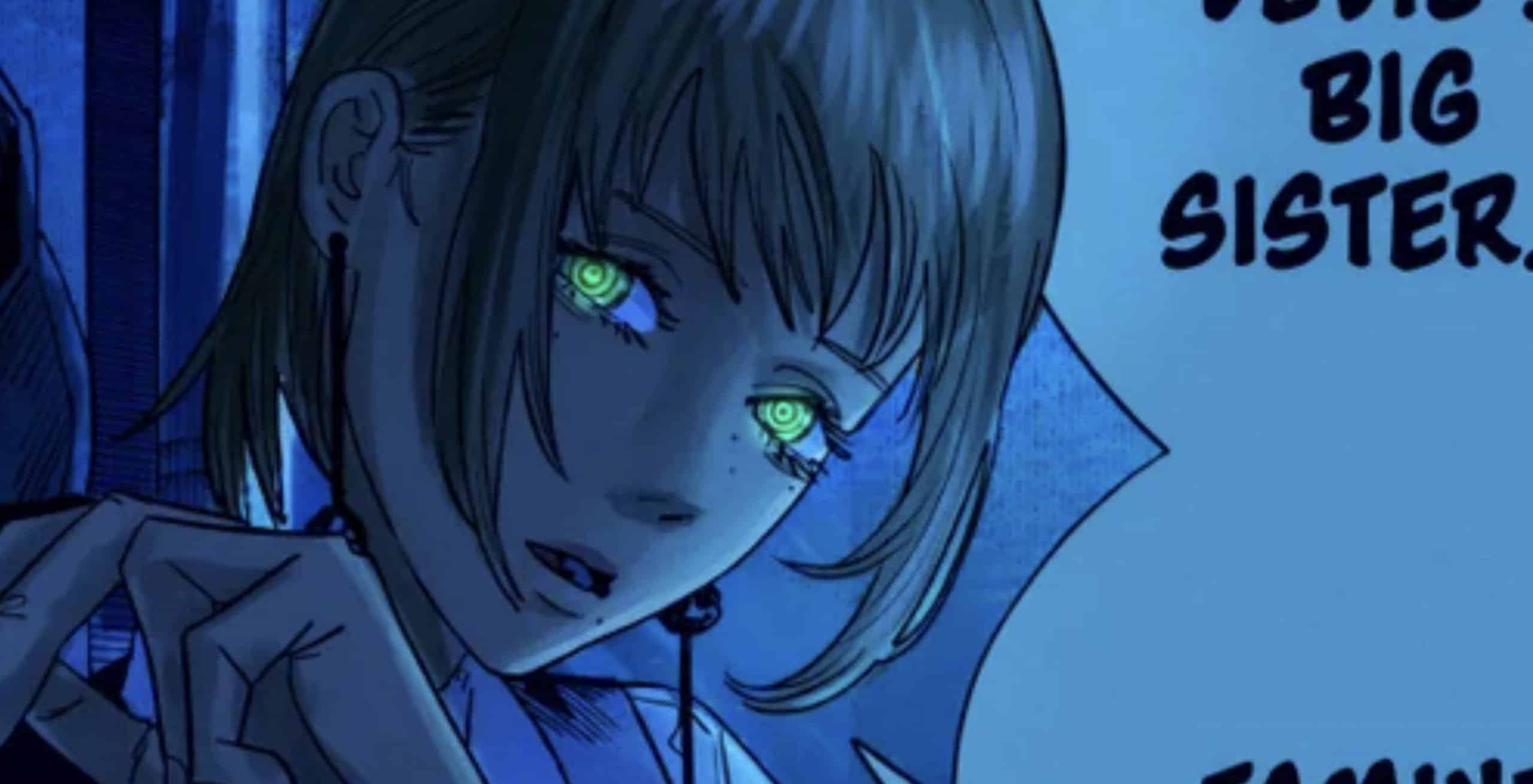
Specifically, when asked why he doesn’t reveal his face, Fujimoto bluntly stated, “…for fear of being killed.”
The sheer volume of fan mail he receives as a victim of his own success has made him concerned that public recognition could make him a target.
Sensitive fans have lashed out harshly before over fictional storylines – so Fujimoto doesn’t want to risk his safety over celebrity exposure.
In the end, for this manga legend, peace of mind triumphs over fame. He’s willing to forego some public adoration if it means not having to constantly peer over his shoulder.
By keeping his physical identity undisclosed, he can revel in his achievements without the cloud of danger hanging overhead.
The Elusive Tatsuki Fujimoto
Unlike most famous manga artists, Tatsuki Fujimoto has made extra efforts to ensure his physical identity remains a mystery.
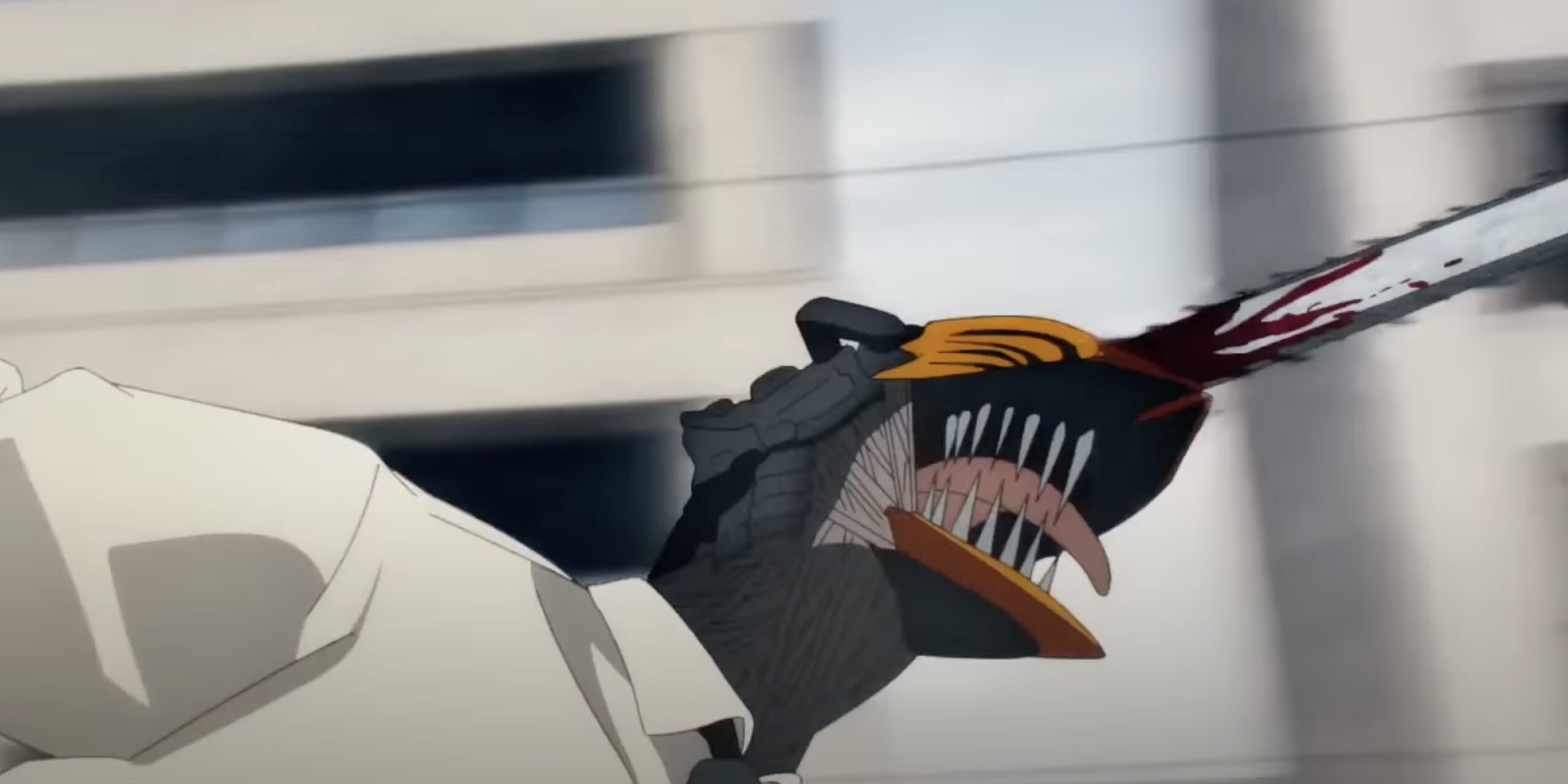
The talented creator behind hits like Chainsaw Man and Fire Punch has actively dodged any exposure of his face thus far.
Even at major events where adoring fans hoped to finally glimpse their idol, Fujimoto has instead sent editors and associates to represent him.
On platforms like social media, where visibility is expected, the artist still opts to remain faceless. No photographs or videos reveal the man behind the manga on his Twitter or Instagram accounts.
During public opportunities like Jump Festa, he continues to make proxies handle his public presence rather than risk revealing himself.
Up until now, Fujimoto has managed to maintain his covert status even amidst widespread fame. But that careful cloak of concealment may soon have to come off.
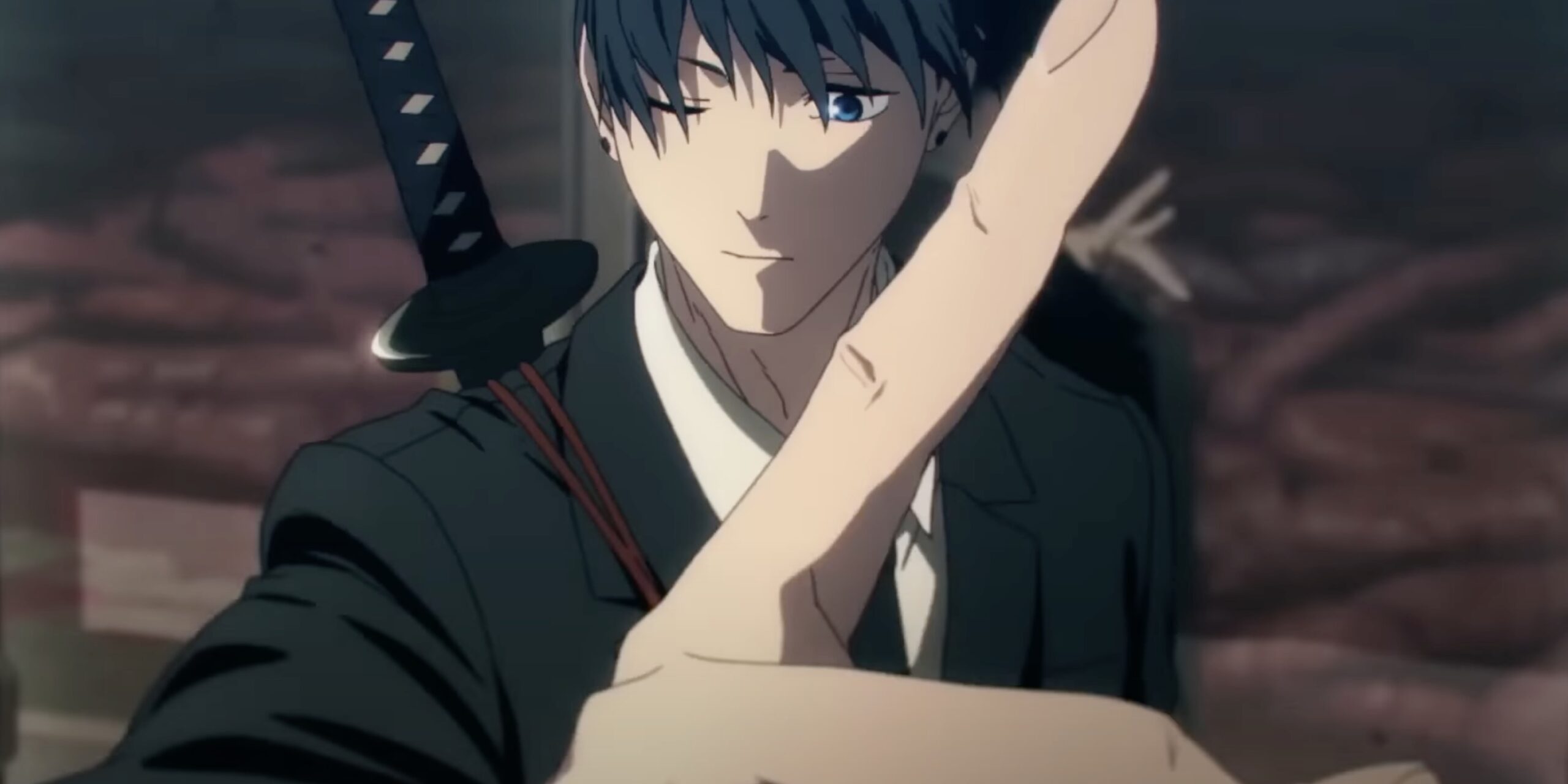
Thanks to new legislation in Japan focused on manga artists, major industry players like Fujimoto may not have the option to hide much longer.
Rules now seek to provide transparency between devoted readers and their creative icons.
If these legal alterations stick, the days of mystery surrounding figures like Fujimoto could draw to a close.
Fame and admiration may have to outweigh privacy and discretion, thanks to changing cultural expectations.
But whether Fujimoto and others embrace the spotlight willingly or begrudgingly remains to be seen as the new era dawns.
For now, his ardent fans must continue their lengthy wait to discover the face behind the beloved manga.
Japanese Law Could Compel Manga Writers to Disclose Identities
The world of Japanese manga and anime has long permitted creators to operate behind a veil of secrecy.
Artists crafting bizarre fictional plots or drawings can freely do so without attaching their actual names or faces.
But that long tradition of anonymity may soon need to end thanks to an impending legal revision.
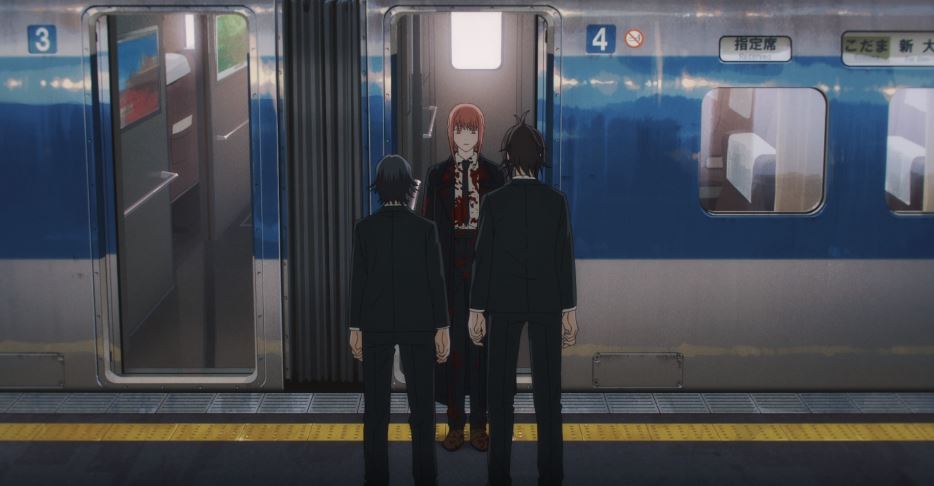
In October 2023, Japan is set to roll out a new invoice filing system for tax purposes.
This updated method of reporting income would require freelance artists to submit their real personal details alongside financial paperwork.
Essentially, the government would hold a register of actual identities linked to pen names or creative alter-egos.
The implications of this rule change are massive for the many manga artists, virtual YouTubers, illustrators, and more who rely on pseudonyms.
Leaders, rising stars, and even trailblazers in these fields would lose the ability to conceal themselves from the public eye.
Their true names and likely eventual photos would become accessible knowledge rather than closely guarded secrets.
Essentially, Japan appears ready to trade the creative freedom of anonymity for regulatory oversight and transparency.
And that could profoundly impact artists who have flourished behind imaginary personas, hidden faces, and fictional backstories.
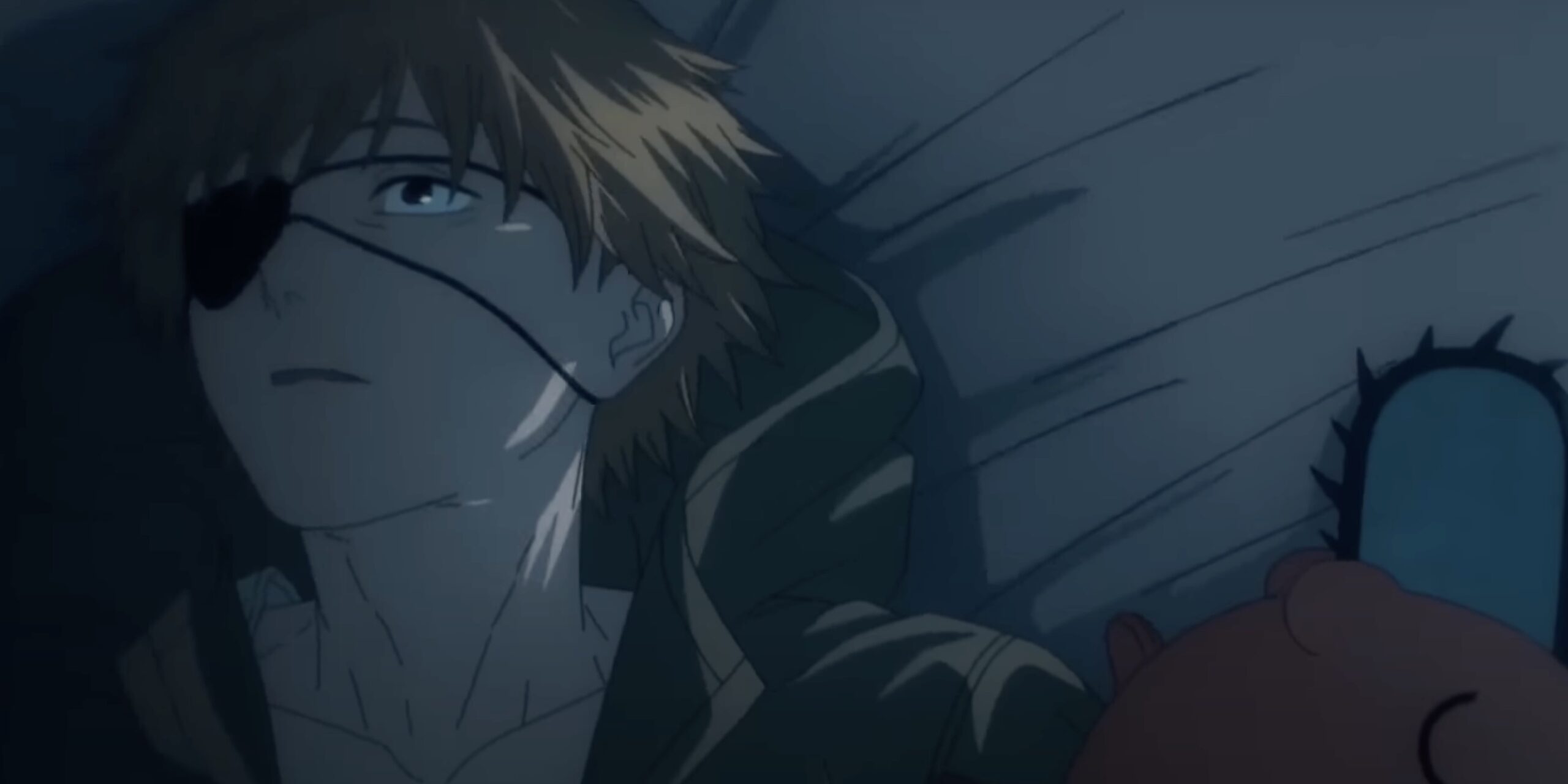
Soon, their inspirations, backgrounds, and more could be laid bare – perhaps limiting their creative range or exposing them to unwanted criticism.
In the end, the dedication to privacy and mystery long afforded to these creators seems set to collapse in the name of bureaucracy and regulation.
Whether these changes stimulate transparency or hamper innovation has yet to be seen. But an artistic culture long-defined by secrecy may need to brace for a stark exposure of identities.
New Regulations Threaten the End of Anonymity for Legendary Creators
For decades, the vibrant manga world has permitted creators like Tsugumi Ohba and Masamune Shirow to hide behind pen names.
Like ghosts, these artistic talents have haunted their own works, leaving traces of brilliance without fully tangible identities. But that time-honored tradition of anonymity may soon meet its end.
Under new regulations in Japan, even legendary authors like Ohba and Shirow may need to pierce the veil, concealing their true selves.
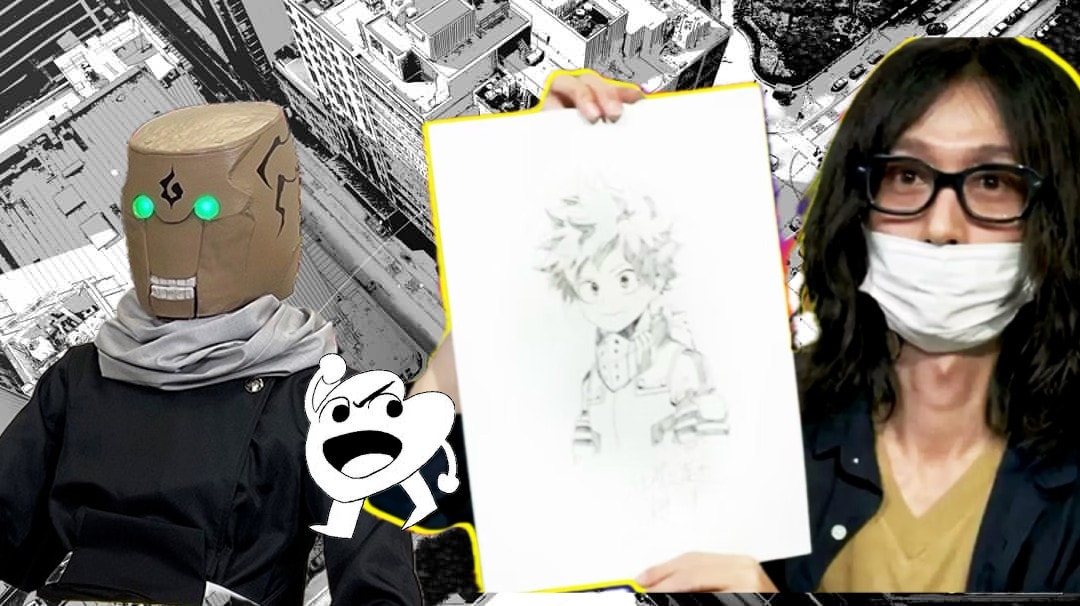
A wider world awaits the revelation of the humans who crafted classics like Death Note and Ghost in the Shell out of imagination alone. And the fallout from connecting real lives to fictional realms remains difficult to predict.
Some speculate that the loss of privacy could hamper creativity or expose artists to criticism for their personal choices.
But there is also a chance that a namesake reveal could strengthen the perceived integrity between creator and fan.
Either way, with change on the horizon, devotees of series by talents like Demon Slayer’s Koyoharu Gotouge may get insight that generations past never dreamed of.
However, that visibility comes at the cost of centuries of creative obscurity – a pivot that could have an impact stretching far beyond any single revealing photograph or document.
As the curtain rises on this new era of transparency, the manga landscape may shift seismically.
And characters, stories, and worlds once cloaked in mystery may need to share space with their human counterparts, stepping into a new kind of spotlight.


